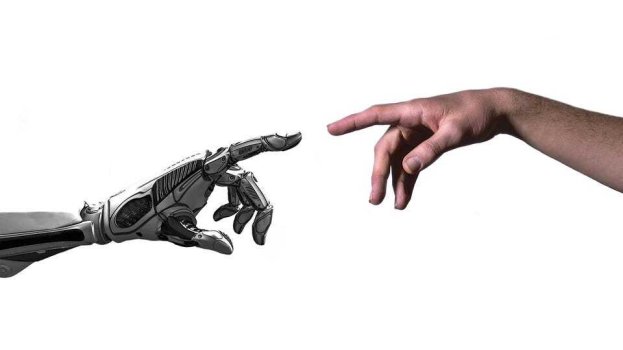Our lives are being transformed every day for the better by intelligent machine systems. The more capable these systems become, the more efficient our world becomes.
Some of today’s tech giants believe that artificial intelligence (AI) should be more widely utilized. However, there are many ethical and risk assessment issues to be considered before this can become reality. We discuss these below.
1. How Do We Deal With Unemployment?
The majority of people sell most of their waking time just to have enough income to keep themselves and their families alive. The success of AI, because of the amount of time it saves, will provide people the opportunity to spend more time caring for their families, become involved in their communities and experience new ways of contributing to human society.
Let’s take, for example, the trucking industry, where millions of people are employed in the United States alone. If Tesla’s Elon Musk delivers on his promise of offering true self-driving cars (and by extension, delivery trucks) and they become widely available within the next decade, then what’s going to happen to those millions of people? But self-driving trucks do seem like an ethical option when we consider their ability to lower our accident rates.
2. How Can We Equitably Distribute The Wealth Created By Machines?
AI, if it becomes widely used, can reduce a company’s reliance on the human workforce, which means that revenues will go primarily to people who own AI-driven companies.
Already, we are seeing startup founders take home the majority of the economic surplus they generate. So how do we equitably distribute the wealth created by machines?
Continue reading: https://www.forbes.com/sites/forbestechcouncil/2022/10/11/top-nine-ethical-issues-in-artificial-intelligence/?sh=6db43ccb5bc8
Some of today’s tech giants believe that artificial intelligence (AI) should be more widely utilized. However, there are many ethical and risk assessment issues to be considered before this can become reality. We discuss these below.
1. How Do We Deal With Unemployment?
The majority of people sell most of their waking time just to have enough income to keep themselves and their families alive. The success of AI, because of the amount of time it saves, will provide people the opportunity to spend more time caring for their families, become involved in their communities and experience new ways of contributing to human society.
Let’s take, for example, the trucking industry, where millions of people are employed in the United States alone. If Tesla’s Elon Musk delivers on his promise of offering true self-driving cars (and by extension, delivery trucks) and they become widely available within the next decade, then what’s going to happen to those millions of people? But self-driving trucks do seem like an ethical option when we consider their ability to lower our accident rates.
2. How Can We Equitably Distribute The Wealth Created By Machines?
AI, if it becomes widely used, can reduce a company’s reliance on the human workforce, which means that revenues will go primarily to people who own AI-driven companies.
Already, we are seeing startup founders take home the majority of the economic surplus they generate. So how do we equitably distribute the wealth created by machines?
Continue reading: https://www.forbes.com/sites/forbestechcouncil/2022/10/11/top-nine-ethical-issues-in-artificial-intelligence/?sh=6db43ccb5bc8

